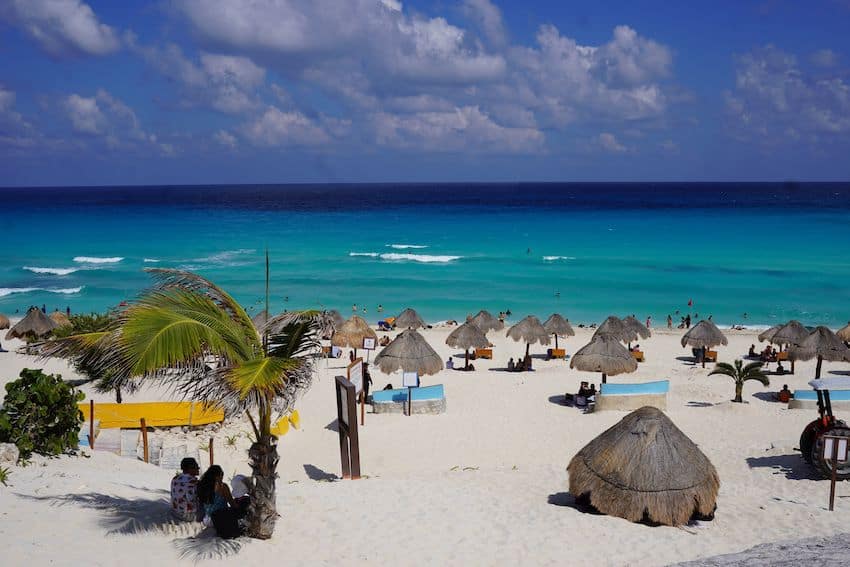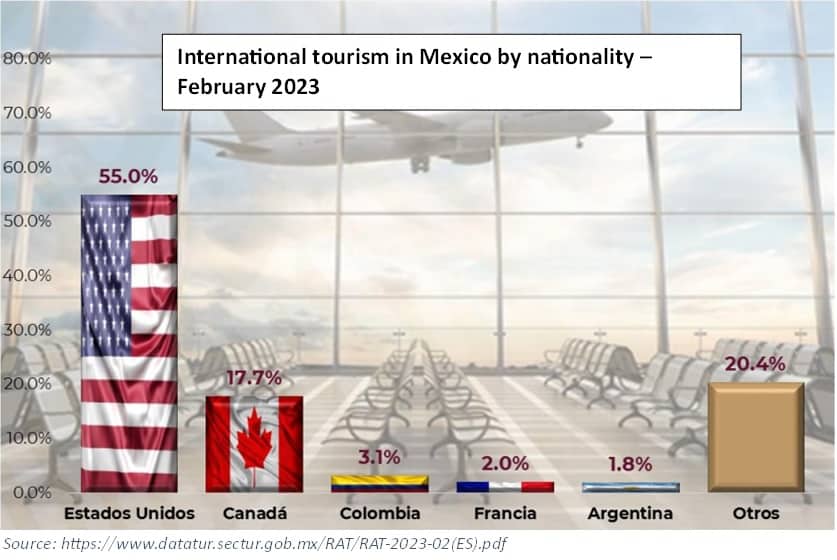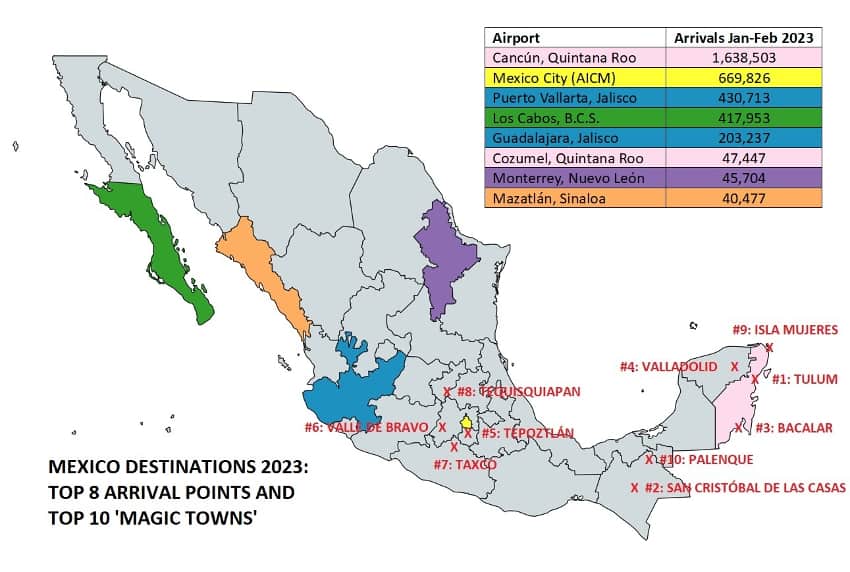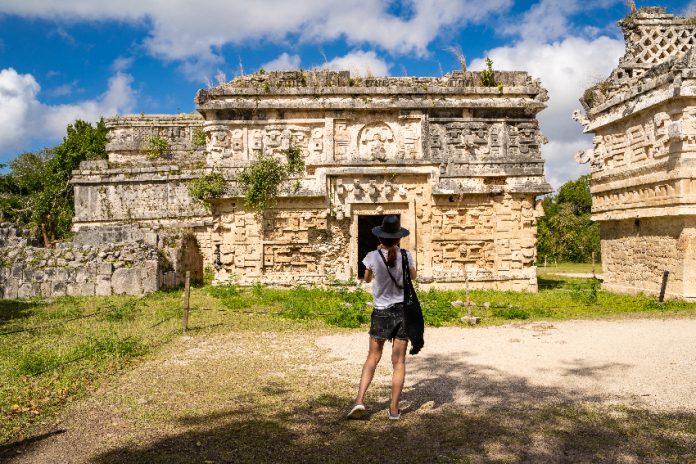From white-sand beaches to buzzing cities, archaeological sites and charming colonial towns, Mexico has something to appeal to every tourist. Tourism is vital to Mexico, contributing more than 8% of the country’s gross domestic product (GDP) over the last decade and employing up to 4.4 million people. And it’s not only international tourism: in a huge and diverse country with nearly 130 million inhabitants, domestic tourism is also a major earner.
Mexico never closed its borders during the COVID-19 pandemic, as President López Obrador insisted the economy must come first. As a result, although Mexico’s tourism sector was hit hard, it fared better than many around the world. In 2020, Mexico was the most visited country in Latin America and third most visited worldwide.

Even so, the slump was keenly felt in Mexico’s most tourism-dependent destinations and in hard-hit business sectors like the cruise industry. But numbers are now nearly back to pre-pandemic levels and look set to keep growing.
In this edition of Mexico in Numbers, we break down some key facts and figures on Mexico’s tourism industry.
Tourist arrivals: before, during and after the pandemic
International tourism in Mexico has boomed over the last decade, almost doubling between 2010 and 2019, when it reached over 45 million visitors. Although numbers crashed to 24.3 million visitors in 2020, the first year of the pandemic, they were still higher than they had been just seven years earlier, in 2013.
By 2022, the number of visitors had jumped back to 38.3 million, and that figure is predicted to reach nearly 40 million in 2023. Data from the National Statistical Institute (INEGI) shows that 18% more tourists visited Mexico in February 2023 than in February 2022, suggesting that total numbers this year could even come close to peak pre-pandemic levels.
Where do the tourists come from?
Just one country accounts for more than half of international tourism in Mexico: the United States. Canada is a distant but fast-growing second — the number of Canadian nationals who visited Mexico leapt by 124% between February 2022 and February 2023. Colombia comes in third, and Argentina fifth. The only European country to make the top five is France.

Where do the tourists go?
In terms of air arrivals, Cancún is by far Mexico’s top destination. Cancún International Airport (CUN) received 1.6 million international tourists in the first two months of 2023 — more than double Mexico City International Airport (AICM), which received 669,826. Puerto Vallarta and the Pacific coast resorts of Los Cabos came next, followed by Guadalajara, to make up the top five.
While the big-name beach resorts make up the bulk of Mexico’s tourism, the country also boasts 132 Pueblos Mágicos (Magic Towns), as designated by the Tourism Ministry. Smaller cities and towns often found in the country’s interior, Pueblos Mágicos are known for their beauty, history and cultural significance and are popular with national tourists.

The 10 Pueblos Mágicos with the most travel bookings for the first quarter of 2023 were Tulum, San Cristóbal de las Casas, Bacalar, Valladolid, Tepoztlán, Valle de Bravo, Taxco, Tequisquiapan, Isla Mujeres and Palenque, according to travel company Despegar.
Air travel on the rise
If tourism in Mexico is booming, air travel in Mexico is booming even more. Last week, the Tourism Ministry announced that 9.43 million passengers were transported on international flights in Mexico during the first two months of 2023 — 29.5% more than in the same period of 2022, and 12.5% more than in the same period of 2019, before the pandemic.
Domestic flights showed a similar pattern, transporting 9.44 million passengers around Mexico during the first two months of 2023. This was 28.2% more than in the same period of 2022, and 24.2% more than during the same period of 2019, before the pandemic.
Tourism: a key economic sector
Tourism is an economic powerhouse in Mexico. It represented just over 8% of the country’s GDP every year between 2010 and 2019, dropping to slightly under 7% in the pandemic year of 2020 and then rapidly bouncing back. Tourism Minister Miguel Torruco predicted last month that tourism would contribute 8.6% to national GDP in 2023.
A recent study by the Tourism Research and Competitiveness Center (Cicotur) at Anáhuac University in Mexico City — which used INEGI data — found that Mexico’s tourism industry had a trade surplus of US $20.9 billion in 2022, the highest figure on record.
This dwarfs other sectors of the Mexican economy, which registered a foreign trade deficit of US $26.4 billion in 2022. Tourism’s surplus was even seven times greater than that registered in the successful manufacturing industry.
Foreign direct investment in the tourism sector, which is mostly investment into vacation homes and hotels, reached a record US $3.4 billion in 2022, outpacing pre-pandemic levels.
With reports from El Economista
